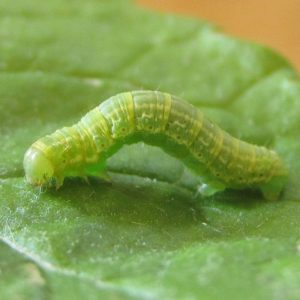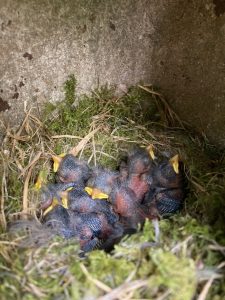 Would you like to be involved in a project studying how birds and invertebrates interact amidst climate and habitat change? We need help collecting and processing key invertebrates in birds’ trophic network, including tree-dwelling prey insects and nest-dwelling ectoparasites. There even might be occasional opportunities to assist with bird nest monitoring!
Would you like to be involved in a project studying how birds and invertebrates interact amidst climate and habitat change? We need help collecting and processing key invertebrates in birds’ trophic network, including tree-dwelling prey insects and nest-dwelling ectoparasites. There even might be occasional opportunities to assist with bird nest monitoring!
Project description
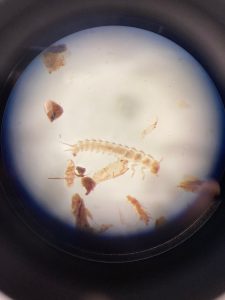 Insectivorous birds are known indicators of changes in biological timings (phenological changes) occurring in terrestrial ecosystems. Via field experiments, we are studying how interactions between insectivorous forest birds (the blue tit Cyanistes caeruleus and the great tit Parus major), their prey and their parasites are affected by increases in spring temperatures and habitat loss (woodland vs urban).
Insectivorous birds are known indicators of changes in biological timings (phenological changes) occurring in terrestrial ecosystems. Via field experiments, we are studying how interactions between insectivorous forest birds (the blue tit Cyanistes caeruleus and the great tit Parus major), their prey and their parasites are affected by increases in spring temperatures and habitat loss (woodland vs urban).
Help is needed for fieldwork involving the collection of tree-dwelling (arboreal) invertebrates. This will involve walking around field sites to designated trees where invertebrates will be collected using the classic branch beating technique. Branches are shaken to remove invertebrates, and they are collected for identification. Students should be content to work outside in different weathers for long periods of time, and happy to walk long distances with equipment.
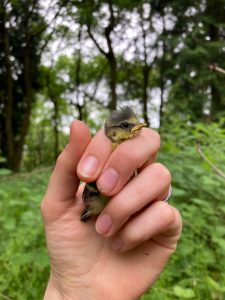 We also need help in processing these arboreal invertebrates, along with ectoparasites that we collect from birds’ nests. They will need to be counted, weighed and identified in a lab setting. This will involve microscopy and accurate & organised data recording. There may be occasional opportunities to assist with monitoring of birds’ nests, such as egg and chick counting, and collection of nest samples, giving you the chance to see the birds up close. Help with fieldwork is required during the bird breeding season (late April- mid June). Help with lab work is needed from late June to mid-July and/or in the Autumn semester.
We also need help in processing these arboreal invertebrates, along with ectoparasites that we collect from birds’ nests. They will need to be counted, weighed and identified in a lab setting. This will involve microscopy and accurate & organised data recording. There may be occasional opportunities to assist with monitoring of birds’ nests, such as egg and chick counting, and collection of nest samples, giving you the chance to see the birds up close. Help with fieldwork is required during the bird breeding season (late April- mid June). Help with lab work is needed from late June to mid-July and/or in the Autumn semester.
Starting date/period: April 20th 2025 – October 31st 2025
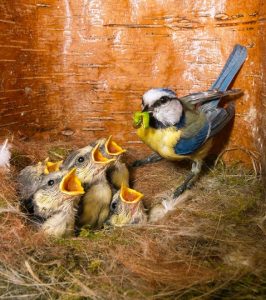 The project involves: labwork/fieldwork
The project involves: labwork/fieldwork
Experience
The work will provide practical experience in systematic field work and/or lab work, including some classic ecological sampling techniques and invertebrate species identification. You will also gain experience in team-work, time management, data handling and organisation.
Involvement: up to 40h
Interested by this project? Need more info? Contact Freya Coursey ( freya.j.coursey@uib.no )
Project number: 048

